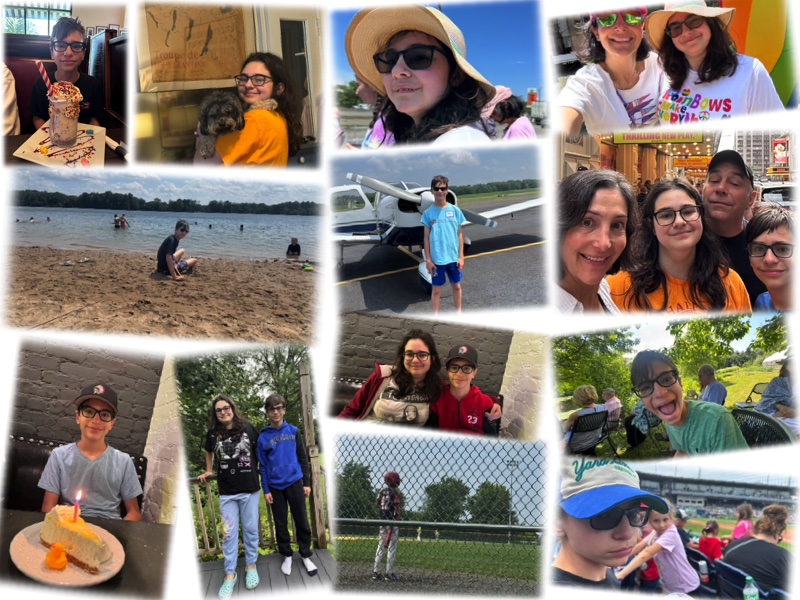My family and I went to dinner last week at the 11o Grill in Canton, CT. Before taking our orders, the server asked, “Are there any food allergies we should be aware of?”
Clara is allergic to peanuts, and I’m allergic to mustard, so we often need to tell servers these things when ordering, but never before had a server proactively asked this question.
I thought it was brilliant.
A restaurant should want to know about the food allergies of its guests. The last thing they want is to have a diner experience a possibly lethal allergic reaction in the middle of their restaurant.
Asking the question also signals to your customer that this is something you take very seriously. As someone whose child has a peanut allergy, this simple question was enormously appreciated by Elysha and me. We knew that these people understood the dangers of a food allergy and were taking it seriously.
You’d think everyone working in a restaurant would take food allergies seriously, but you would be mistaken. We have been accidentally served food containing peanuts and mustard on more than one occasion. We’ve ended up in the emergency room with Clara at least twice after a server accidentally gave Clara something containing peanuts because they had forgotten about her allergy. We’ve had servers fail to respond when Clara informs them of her peanut allergy, requiring us to ask if they heard her. We’ve had servers respond dismissively when Clara informs them of her allergy.
I once stormed behind the counter and into the kitchen of a Panera after the person taking our order told me that Clara’s requested grilled cheese sandwich contained no peanuts, so there was no need to alert the kitchen to her allergy.
The decision to enter the kitchen area in anger didn’t go so well.
So asking about allergies up front says to customers that this establishment understands the issue and thinks it important enough to ask about it before taking any orders.
Also, by asking proactively, it eliminates the need to add your allergy onto the order, which can be confusing when more than one person at the table has an allergy. For years, Clara has been ordering her food then adding, “Also, I have a peanut allergy.” This is fine, but it’s also equivalent to:
I’d like a grilled cheese sandwich, please. Also, some of the stuff in your kitchen – stuff you put on lots of things – might kill me, so head up.”
These two things probably shouldn’t be said together. Dealing with the deadly stuff first before asking about what a person wants to eat feels right.
I don’t know why I’ve never seen this proactive questioning done before, but I wish every restaurant would adopt this policy. It takes about three seconds to ask the question, and if the answer is no, then the customers simply answer in the negative and begin ordering.
If the answer is yes, everyone at the table with a food allergy (and their parents) feels seen, heard, and a little safer.










